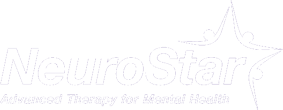
Anxiety
Anxiety is one of the most common mental health challenges affecting people today, impacting daily life, relationships, and overall well-being. While some anxiety is normal, excessive worry and fear can become overwhelming and debilitating.
Access Health Services provides professional support and evidence-based treatments to help individuals manage anxiety and regain control of their lives.
What is Anxiety?
Anxiety manifests in various forms and can affect both mental and physical health. Common symptoms and types include:
- Persistent worry about everyday situations.
- Panic attacks and sudden onset of fear.
- Social anxiety and fear of judgment.
- Physical symptoms like rapid heartbeat and sweating.
- Sleep disturbances and insomnia.
- Difficulty concentrating or mind going blank.
- Generalized anxiety disorder (GAD).
- Phobias and specific fears.
- Health anxiety and hypochondria.
When left untreated, anxiety can lead to depression, isolation, physical health problems, and significant impairment in work and social functioning.


Who Can Benefit from Anxiety Treatment?
Our anxiety support services are beneficial for individuals experiencing:
- Overwhelming worry about daily life
- Panic attacks or anxiety attacks
- Social anxiety and avoidance behaviors
- Work-related stress and anxiety
- Test anxiety and academic stress
- Health-related anxiety
- Phobias and specific fears
- Post-traumatic stress and anxiety
- Performance anxiety


